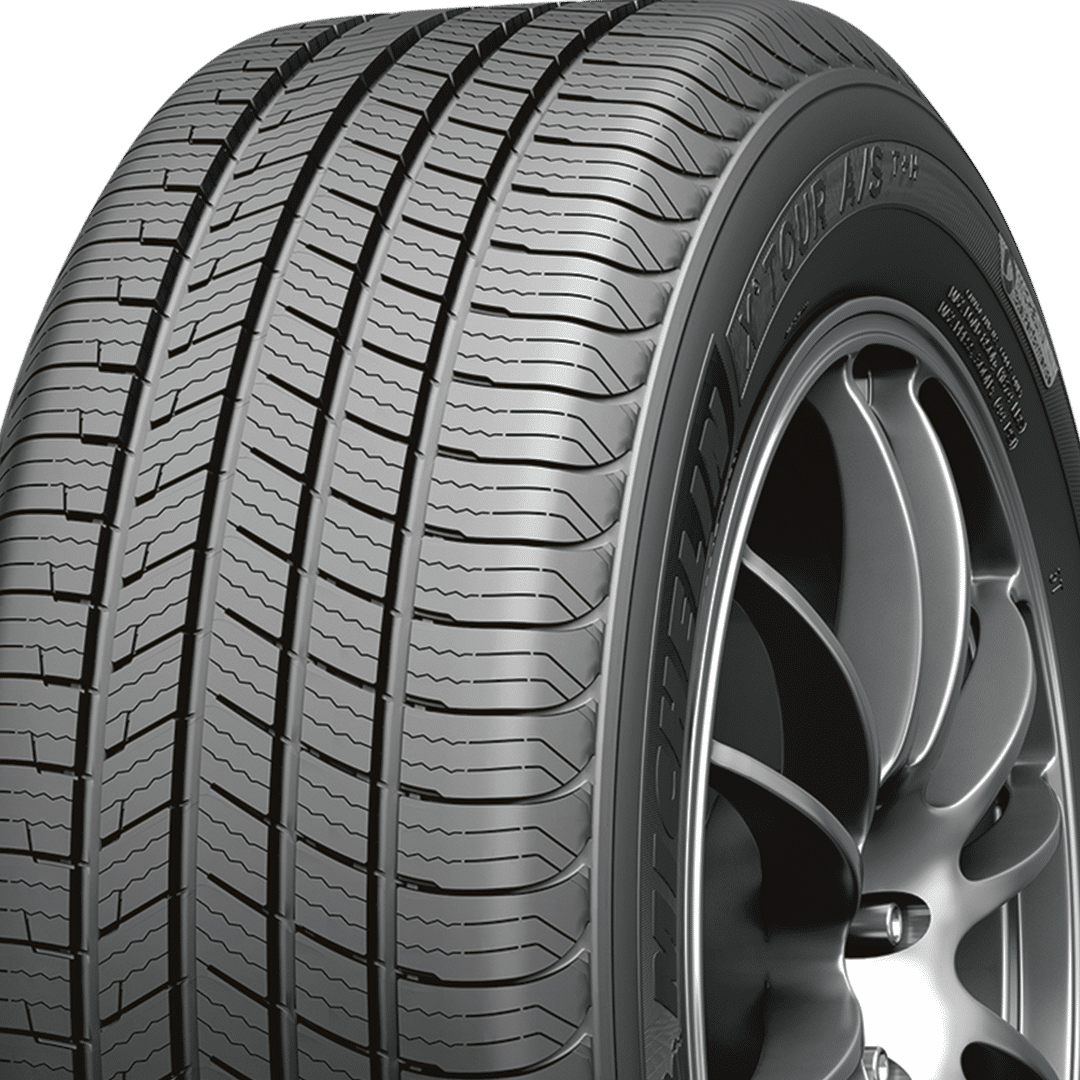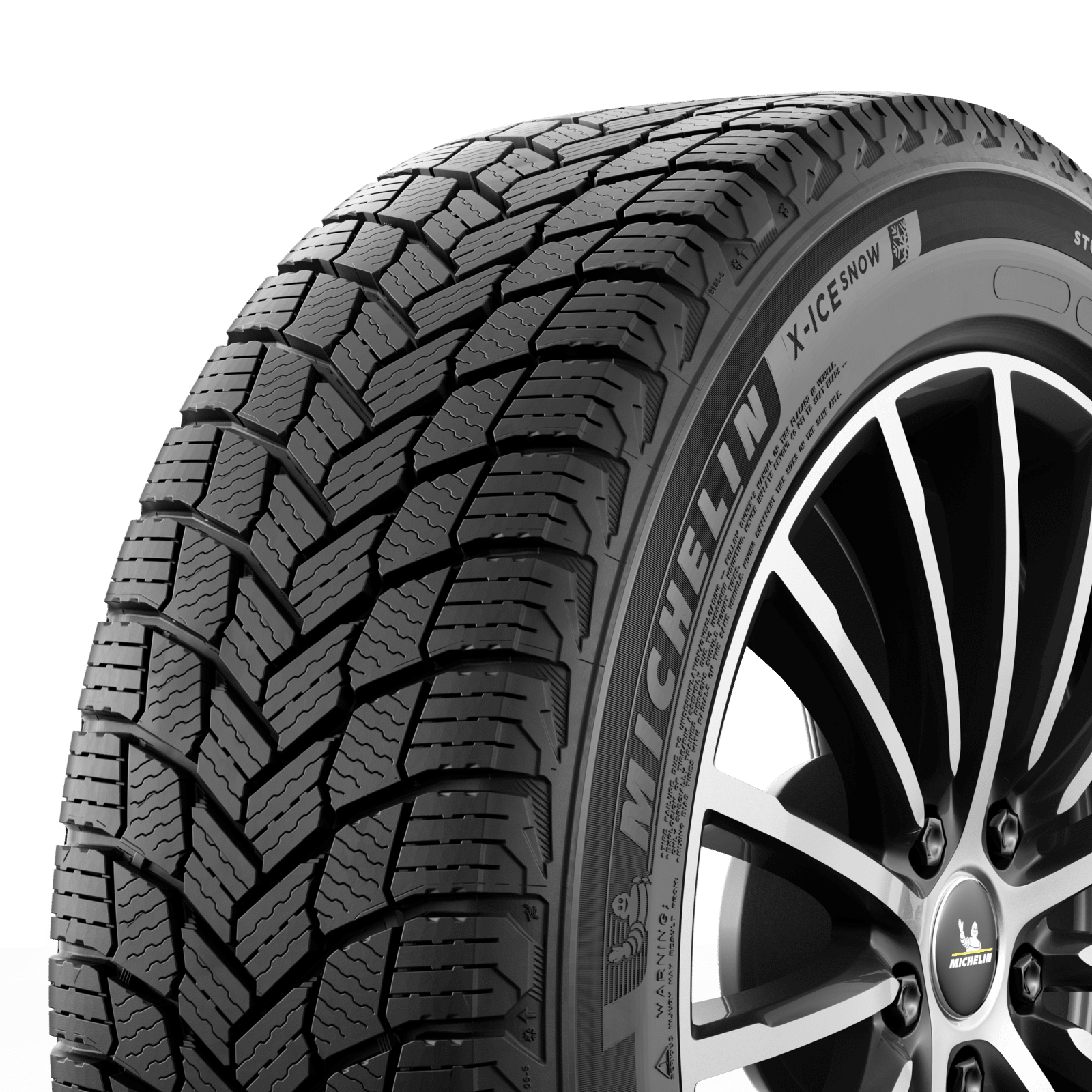All-Season Tires vs. Winter Tires: Which One is Right for You?
Are you confused about whether to choose all-season tires or winter tires for your vehicle? The battle between these two types of tires has been ongoing for years, and it's time to settle the debate. In this comprehensive guide, we'll explore the differences between all-season tires and winter tires, helping you make an informed decision for your specific driving needs.
All-Season Tires: Versatility for Every Season

All-season tires, as the name suggests, are designed to provide reliable performance throughout the year. These tires are a popular choice for many drivers due to their versatility and convenience. Let's delve into the key features of all-season tires and why they might be the right choice for you.
What Are All-Season Tires?
All-season tires are a type of tire that's engineered to perform well in a variety of driving conditions. They are a great option for those who don't want the hassle of switching tires twice a year. These tires are designed to handle a wide range of temperatures and road conditions, from dry pavement to light snow.
Versatility for Year-Round Use
One of the primary advantages of all-season tires is their year-round versatility. You don't have to worry about changing your tires with the seasons, which can be a time-consuming and costly process. All-season tires can handle everything from the scorching heat of summer to the chilly days of fall and even light snow.
Tread Design and Traction
All-season tires typically feature a tread pattern that's optimized for a smooth and quiet ride on dry and wet roads. While they provide decent traction in various conditions, they may not be the best choice for extreme winter weather with heavy snowfall and icy roads.
Longer Tread Life
All-season tires often have a longer tread life compared to winter tires. This means you won't need to replace them as frequently, saving you money in the long run. However, it's essential to keep an eye on your tread depth to ensure your tires remain safe and perform optimally.
Quiet and Comfortable Ride
These tires are designed to provide a quiet and comfortable driving experience. If you prioritize a smooth and peaceful ride, all-season tires are an excellent choice.
Winter Tires: Superior Performance in Harsh Conditions

While all-season tires offer versatility, winter tires are specifically engineered to excel in cold and snowy conditions. Let's explore why winter tires might be the right option for you during the colder months.
What Are Winter Tires?
Winter tires, also known as snow tires, are designed to provide optimal performance in harsh winter conditions. They are made from a special rubber compound that stays flexible in cold temperatures, allowing for better grip on icy and snow-covered roads.
Traction on Snow and Ice
The primary advantage of winter tires is their exceptional traction on snow and ice. The rubber compound and tread design are specifically tailored to bite into snowy and icy surfaces, providing better control of your vehicle. When it comes to driving in heavy snowfall or icy conditions, winter tires are unbeatable.
Better Stopping Power
Winter tires are equipped with slits in the tread called sipes, which enhance their ability to grip the road and provide better stopping power. This feature can make a significant difference in emergency braking situations, where every inch counts.
Control in Snowy and Icy Conditions
If you live in an area with harsh winter weather, winter tires are essential for your safety. They offer superior control and handling in snowy and icy conditions, reducing the risk of accidents and ensuring you can navigate the roads with confidence.
The Importance of Winter Tires
Winter tires are not just a luxury; they are a necessity for those who face extreme winter driving conditions. The grip and traction they provide can mean the difference between a safe journey and a dangerous one.
Tires for Your Vehicle: Choosing the Right Tire
Now that you understand the key differences between all-season tires and winter tires, how do you decide which one is right for your vehicle and your specific driving needs? Let's explore the factors that should influence your decision.
Understanding Your Driving Conditions
The first step in choosing the right tire is to assess your typical driving conditions. Consider the climate in your area, the severity of winter weather, and the specific challenges you face on the road. If you encounter frequent snow and icy conditions, winter tires are a wise choice. However, if you live in a region with milder winters, all-season tires may suffice.
Year-Round or Seasonal Use
Think about whether you want to use the same tires year-round or if you're open to seasonal tire changes. All-season tires offer convenience and cost savings by eliminating the need for tire swaps. On the other hand, winter tires provide superior performance when you need it most, ensuring your safety in extreme conditions.
The Right Tire for Your Vehicle
Each vehicle has specific tire size requirements and recommendations. Consult your vehicle's manual or a professional mechanic to determine the correct tire size and type for your car. Using the right tire ensures optimal safety and performance.
Budget Considerations
Consider your budget when choosing between all-season and winter tires. While winter tires may require a higher upfront investment, they can pay off in the long run by potentially preventing accidents and reducing wear on your all-season tires.
Local Regulations
Check if your local area has regulations or recommendations regarding the use of winter tires during certain months or in specific conditions. Compliance with local laws is essential for your safety and to avoid fines or penalties.
Making the Decision: All-Season or Winter Tires?
In the battle of all-season tires vs. winter tires, there is no one-size-fits-all answer. Your choice should align with your specific driving conditions and preferences. To help you make an informed decision, here's a quick summary:
All-Season Tires:
- Versatile and suitable for year-round use.
- Longer tread life compared to winter tires.
- Quiet and comfortable ride.
- Decent traction in various conditions but not ideal for extreme winter weather.
Winter Tires:
- Superior traction on snow and ice.
- Better stopping power in icy conditions.
- Essential for areas with harsh winter weather.
- Improved control and handling in snowy and icy conditions.
FAQ
1. What's the difference between all-season tires, winter tires, and snow tires?
-
All-Season Tires: All-season tires are designed to provide year-round performance, making them suitable for various weather conditions. They strike a balance between summer and winter tire capabilities.
-
Winter Tires: Winter tires, often referred to as snow tires, are specifically engineered for cold and snowy conditions. They feature unique rubber compounds and tread patterns optimized for icy and snowy roads.
-
Snow Tires: Snow tires are another term for winter tires. They excel in providing traction on snow-covered surfaces.
2. How do all-weather tires compare to all-season and winter tires?
- All-Weather Tires: All-weather tires are a hybrid between all-season and winter tires. They offer better winter performance than all-season tires but may not be as effective as dedicated winter tires in extreme cold and heavy snow.
3. What are the key factors to consider when choosing between all-season and winter tires?
- When deciding between all-season and winter tires, consider factors like your local climate, driving conditions, and the severity of winter weather in your area. The choice depends on your specific needs.
4. What is the difference in traction between all-season and winter tires?
- Traction: Winter tires provide superior traction on snow and ice due to their specialized rubber compounds and tread designs. All-season tires offer decent traction in milder conditions but may struggle in extreme winter weather.
5. Do I need winter tires if I have all-wheel drive (AWD) or four-wheel drive (4WD)?
- While AWD and 4WD can enhance traction, they don't replace the need for winter tires in severe winter conditions. Winter tires provide an additional layer of safety and control.
6. Can I use winter tires year-round to save money?
- It's not recommended to use winter tires year-round because their soft rubber compounds can wear out quickly in warm temperatures. Using them only during the winter months is the best practice.
7. How do I mount winter tires?
- Winter tires should be mounted on all four wheels for balanced handling. It's advisable to consult a professional tire shop for proper installation to ensure safety and performance.
8. Are premium winter tires worth the investment?
- Premium winter tires, such as Bridgestone Blizzak, often provide better performance and durability in extreme winter conditions. If you frequently face harsh winter weather, investing in premium winter tires can be a wise choice.
9. What are some benefits of winter tires in mild winter conditions?
- Winter tires can still offer advantages in mild winter conditions, including better traction on cold, wet roads and improved handling when temperatures drop below freezing.
10. How do I decide between all-season, winter, or all-weather tires for my vehicle?
- Consider your local climate, driving habits, budget, and the level of winter performance you require. Consulting with a tire professional can help you make an informed decision tailored to your needs.
11. Can winter tires help prevent snow buildup in the tire treads?
- Winter tires are designed with biting edges and tread patterns that can reduce snow buildup, enhancing their grip on snowy and icy surfaces.
12. Do winter tires make a difference when it comes to stopping in icy conditions?
- Yes, winter tires can significantly improve stopping power on icy roads due to their unique tread compounds and siping, providing better control and safety in slippery conditions.
13. Are there any specific tire technologies that enhance winter tire performance?
- Some winter tires utilize advanced technologies like high sipes and specialized tread compounds to maximize grip and traction on ice and snow, ensuring better handling and control.
14. What is the role of tread depth in winter tire performance?
- Tread depth is crucial for winter tire performance. Deeper tread provides better grip on slippery surfaces and helps evacuate snow and slush from the tire's contact patch, maintaining traction.
15. How can I determine which tires are right for my vehicle and driving needs?
- To make the best tire choice, consider your local climate, the severity of winter conditions, your budget, and your vehicle's specifications. Consulting a tire expert can help you decide which tires suit your specific requirements.
Conclusion
Ultimately, the choice between all-season and winter tires depends on your unique circumstances. Some drivers may opt for a full set of winter tires for the colder months and switch back to all-season tires in spring and fall. Others may find that premium all-season tires meet their needs year-round.
Selecting the right tires for your vehicle is a crucial decision that impacts your safety and driving experience. Consider your local climate, driving habits, and budget when making your choice. Whether you choose all-season or winter tires, prioritize safety and performance on the road.




